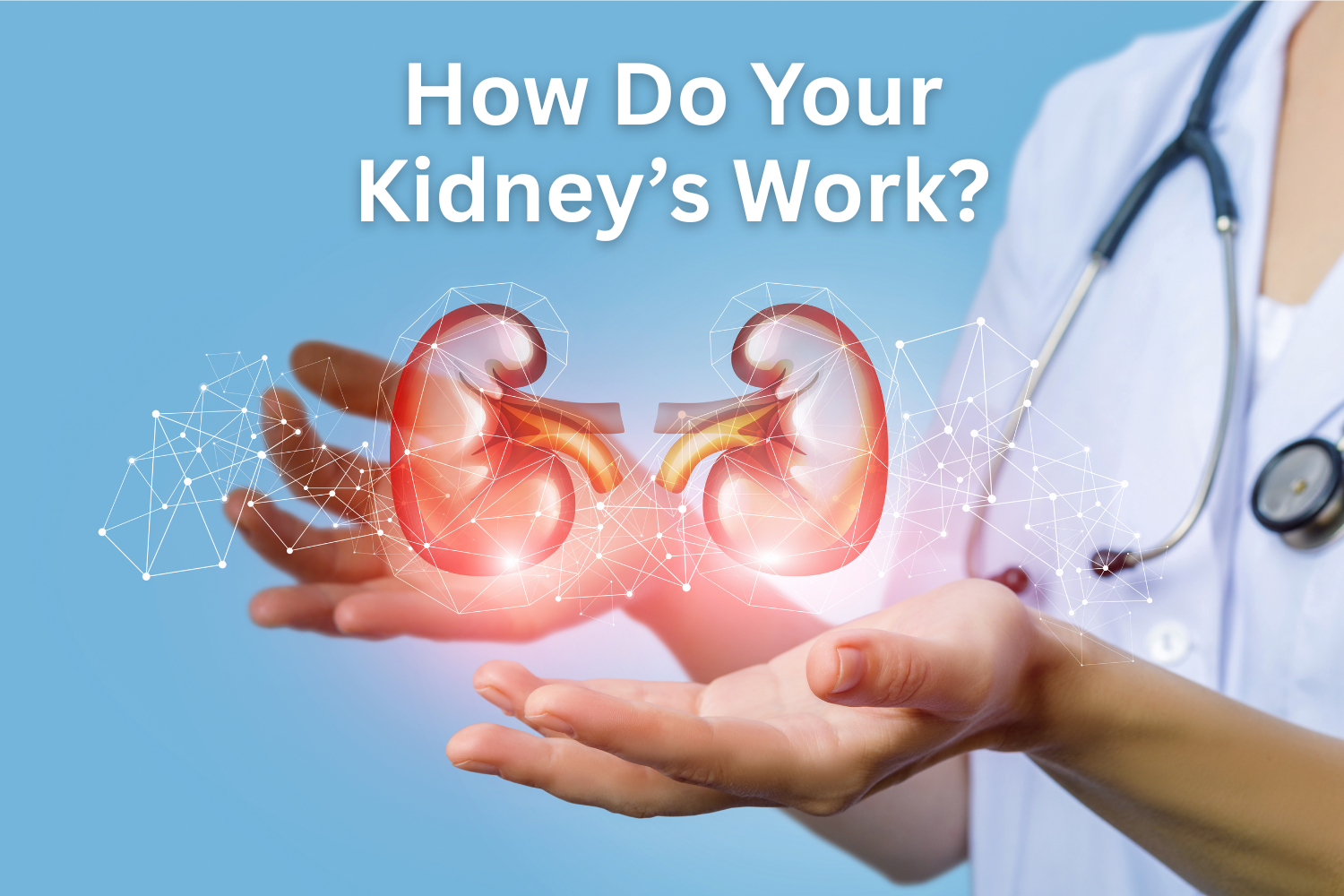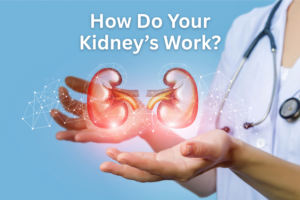When most people think about kidneys, the first thing that comes to mind is “filtering waste.” While that’s true, your kidneys are far more complex than simple filters. They are powerful, multitasking organs that work around the clock to keep your body balanced and healthy. At Mobil Dialysis, we believe that understanding how your kidneys function is the first step toward protecting them, and recognizing when they might need extra support.
In this article, we’ll explore what kidneys do, why they’re so important, and how you can take steps to care for them.
The Basics: Where Are Your Kidneys and What Do They Look Like?
You have two kidneys, each about the size of a fist, located on either side of your spine just below your rib cage. Shaped like beans, these small but mighty organs receive about 20% of your heart’s blood output every minute. That’s an enormous workload, considering how small they are compared to other organs in your body.
The Core Job: Filtering Blood
The most well-known role of your kidneys is filtration. Each kidney contains about one million tiny filtering units called nephrons. Every nephron has a glomerulus, a network of small blood vessels that acts as the first line of filtration.
Here’s what happens step by step:
- Blood enters the kidney carrying oxygen, nutrients, waste products, and excess fluids.
- The glomerulus filters out waste and extra fluid, while holding on to important proteins and blood cells.
- The tubules of the nephron reabsorb what your body needs, like electrolytes, water, and nutrients.
- Urine is formed from the leftover waste and water, eventually draining into the bladder for elimination.
This process ensures that your body maintains a healthy internal environment, free from toxic buildup.
More Than Filtration: What Your Kidneys Really Do
While removing waste is vital, your kidneys are involved in many other crucial functions:
1. Balancing Fluids and Electrolytes
Your kidneys carefully control levels of sodium, potassium, calcium, and other minerals. This balance is essential for nerve function, muscle contraction, and maintaining normal heart rhythms.
2. Regulating Blood Pressure
Through the renin-angiotensin system, your kidneys help regulate blood pressure by adjusting how much fluid is retained and by releasing specific hormones. Without healthy kidneys, blood pressure can spiral out of control.
3. Stimulating Red Blood Cell Production
The kidneys release a hormone called erythropoietin, which signals your bone marrow to produce red blood cells. Without this hormone, anemia (low red blood cell count) can develop, leading to fatigue and weakness.
4. Activating Vitamin D
Vitamin D needs to be converted into its active form by the kidneys. Active vitamin D is critical for bone strength, calcium absorption, and immune health.
5. Removing Drugs and Toxins
Beyond natural waste, your kidneys also help process medications and other substances that enter your body. This makes kidney health essential for proper medication management.
What Happens When Kidneys Don’t Work Properly?
Kidneys are resilient, but damage can be silent for years. When their function starts to decline, waste products and fluid can build up in the body. A condition known as chronic kidney disease (CKD).
Some common issues that arise when kidneys aren’t working well include:
- Fluid retention, leading to swelling in the legs, ankles, or face
- High blood pressure, which can both cause and result from kidney disease
- Electrolyte imbalances, affecting heart and muscle function
- Anemia, due to reduced erythropoietin production
- Weakened bones, because of low active vitamin D
If CKD progresses, patients may need dialysis or a kidney transplant to survive.
Common Causes of Kidney Damage
Several factors can increase the risk of kidney disease:
- Diabetes – high blood sugar damages kidney blood vessels over time
- High blood pressure – puts extra strain on delicate kidney structures
- Genetics – conditions like polycystic kidney disease run in families
- Infections or autoimmune diseases – such as lupus nephritis
- Frequent use of certain medications – especially NSAIDs like ibuprofen when taken long-term
How to Support Kidney Health
The good news is that you can take steps to protect your kidneys:
- Stay hydrated – Water helps your kidneys flush out toxins.
- Manage blood pressure and blood sugar – Keep these in target ranges.
- Eat a balanced diet – Reduce excess salt and processed foods.
- Avoid overuse of painkillers – Use NSAIDs carefully and only as needed.
- Don’t smoke – Smoking harms blood vessels, including those in the kidneys.
- Get regular checkups – Blood and urine tests can catch kidney issues early.
When Dialysis Becomes Necessary
If kidneys lose too much function, dialysis can step in to do their job. Dialysis removes waste, extra fluid, and helps restore balance to the body. At Mobil Dialysis, our team provides specialized treatments for patients who need advanced support, always focusing on improving quality of life.
Your kidneys are small but powerful organs that do far more than just filter blood. From balancing fluids and blood pressure, to supporting bone and blood health, they are central to your overall well-being. By understanding their many functions and taking steps to protect them, you can reduce your risk of kidney disease and support lifelong health.
At Mobil Dialysis, we are here to provide expert care and education for patients living with kidney conditions. If you or a loved one is facing kidney health challenges, know that you’re not alone, support and treatment options are available.





